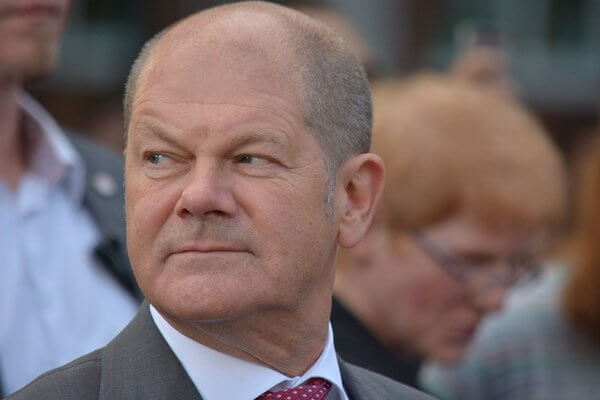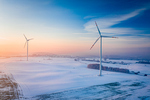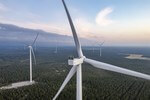News Release from windfair.net
Wind Industry Profile of
A club to save the world?
Plan is that the G7 and particularly ambitious countries make a start as climate protectors with other countries following suit. Non-members could face long-term penalties in the form of tariffs or import bans. The aim is to increase international pressure on climate sinners and speed up the energy transition.
Not a new thought though: The German Chancellor already had the idea for his climate club when he was still Finance Minister under Angela Merkel. Now the plan is finally being implemented. A statement on the G7 summit says the club has three goals: Promoting renewables and climate action, jointly decarbonizing industries, and strengthening international agreements.
The club is to be "open and inclusive," primarily to develop comparable standards in climate protection efforts, FAZ reports. "The Climate Club, as an intergovernmental forum with ambitious goals, is characterized by its inclusive approach and is open to all countries committed to the full implementation of the Paris Agreement and the decisions taken on its basis, in particular the Glasgow Climate Pact, as well as to accelerating the implementation of their actions in this regard," the report states. "We invite partners, including major emitters, G20 members and other developing and emerging economies, to intensify discussions and consultations with us in this regard," the statement says.
The U.S. in particular had initially expressed reservations because it does not have a CO2 tax like the EU. The chancellor, on the other hand, had justified his idea precisely on the grounds that comparability of different national efforts was needed to avoid a trade war over climate protection measures.

German Chancellor Olaf Scholz was able to push through his idea for an international climate club at the G7 summit (Image: Pixabay)
An important aspect, which has come into focus especially in view of the Ukraine war, is that energy security should not be jeopardized. This aspect hides a (temporary) change of course due to the considerations to invest in fossil energy sources again to become independent of Russian oil and gas more quickly - without endangering climate protection goals. LNG in particular is currently very popular, with Germany alone planning several terminals to process and store the liquefied gas from countries such as Qatar and Norway.
Accordingly environmental protection associations are not enthusiastic about the results of the summit: "At the summit in Elmau, Olaf Scholz did not manage to initiate the turning point for climate protection. For this, there is a lack of clear resolutions to phase out coal and an exit date for combustion cars by 2030 and for gas by 2035. Olaf Scholz and the G7 did not use this summit to even come close to linking the Ukraine crisis and the dependence and blackmailability through imports of fossil energies with the urgency of the climate crisis. There should have been a clear signal here to move away from fossil fuels such as LNG gas and to secure energy supplies through renewables," criticized Martin Kaiser, executive director of Greenpeace Germany.
Dr. Simone Peter, President of the German Renewable Energy Federation (BEE), is also critical of the summit decisions: "Of all countries, those that are among the world's largest CO2 emitters have now increased their own leeway when it comes to investing in fossil fuel projects. This is not only bad news for climate protection, it also reflects badly on the G7 states. They lose credibility when their signatures are only valid as long as it fits the political agenda."
Thus it remains to be seen if the Climate Club will really inspire other countries to join in, or the G7 states are hiding behind empty words.
- Author:
- Katrin Radtke
- Email:
- press@windfair.net
- Keywords:
- G7 summit, Germany, climate club, energy transition, renewable energy, member, climate protection, country, CO2, tax
























